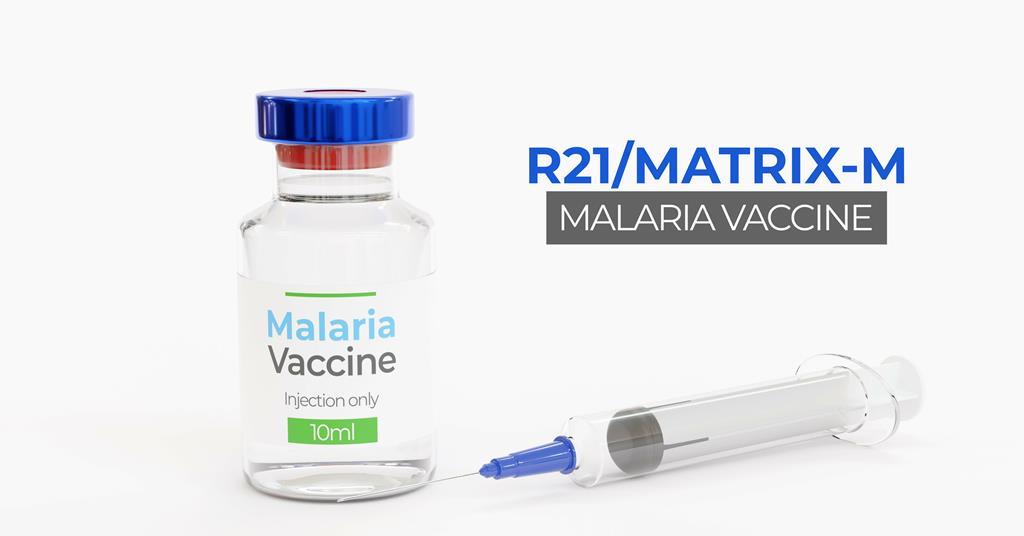The World Health Organisation (WHO) has granted prequalification status to the R21/Matrix-M malaria vaccine, expanding access to this crucial tool for preventing malaria in children.
Read More: Surge in Contemporary African Art Attracts Global Collectors
The recommendation to use the vaccine came in October from the Strategic Advisory Group of Experts (SAGE) on Immunisation and the Malaria Policy Advisory Group. Prequalification is a prerequisite for UNICEF procurement and Gavi, the Vaccine Alliance funding support for deployment.
Developed by Oxford University and manufactured by the Serum Institute of India, the R21/Matrix-M vaccine is the second malaria vaccine to receive approval, following the RTS,S vaccine approved in 2021. The WHO emphasized that the unprecedented demand for the RTS,S vaccine will be met by the addition of the R21/Matrix-M vaccine, ensuring sufficient vaccine supply to benefit all children in malaria-prone regions.
Read More: Rainforest Alliance to Support Kenyan Coffee
Both vaccines have demonstrated safety and effectiveness in preventing malaria in children, holding the potential for significant public health impact.
Malaria disproportionately affects children in the African Region, causing nearly half a million deaths annually, with Nigeria contributing significantly to the global malaria burden.
The prequalification of the R21/Matrix-M vaccine is a milestone in WHO’s commitment to global immunisation programs’ safety and efficacy. The move is seen as another crucial step towards eradicating malaria, offering hope for a healthier, more resilient future, free from the threat of this disease. The Director of the Department of Regulation and Prequalification at WHO, Rogério Gaspar, highlighted the importance of ensuring greater access to safe and quality health products, a core aspect of WHO’s evaluation process.
Read More: Saudi Arabia: AfriLabs participates at the 2023 Global Market Conference
Kate O’Brien, the Director of the Department of Immunisation, Vaccines, and Biologicals, affirmed the relentless commitment to malaria eradication, marking a united effort with partners for a malaria-free future where lives are shielded from the disease’s threat.
